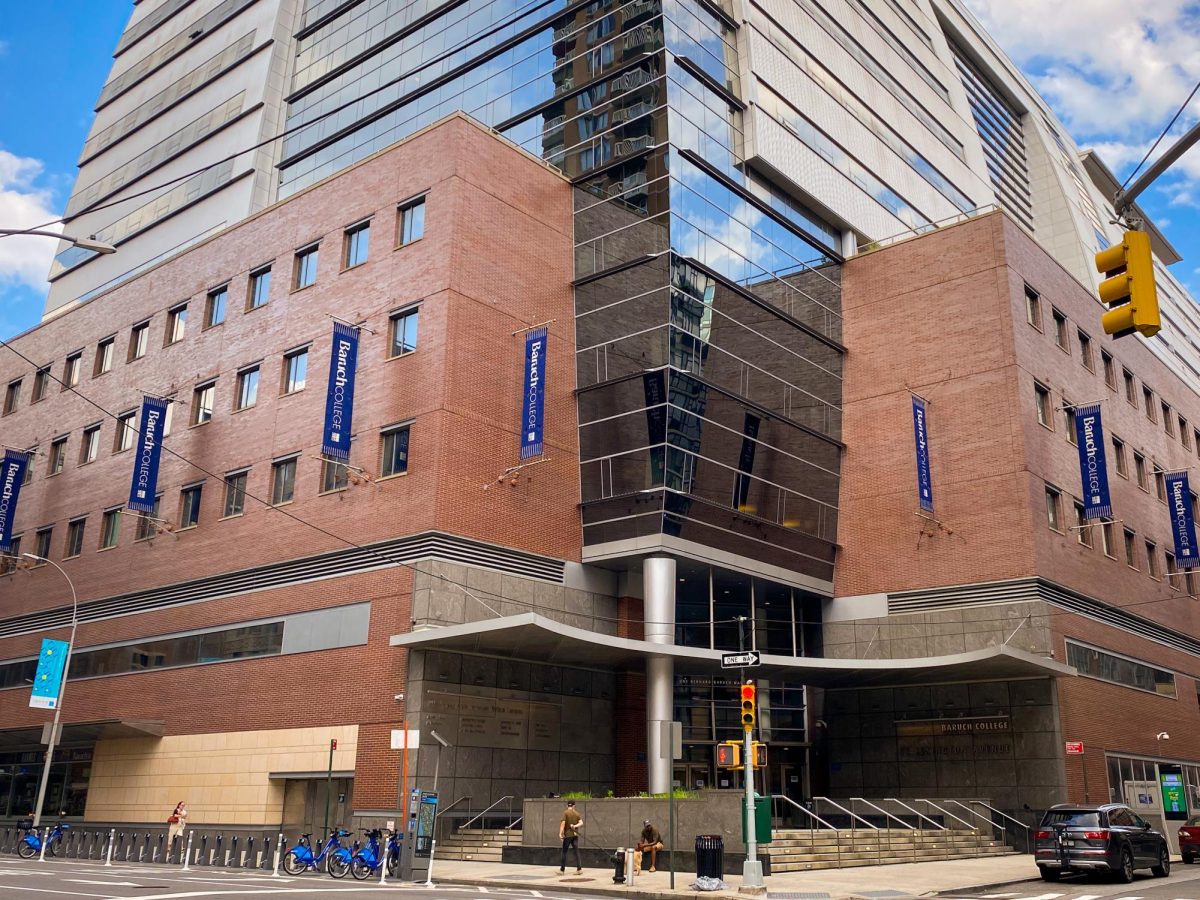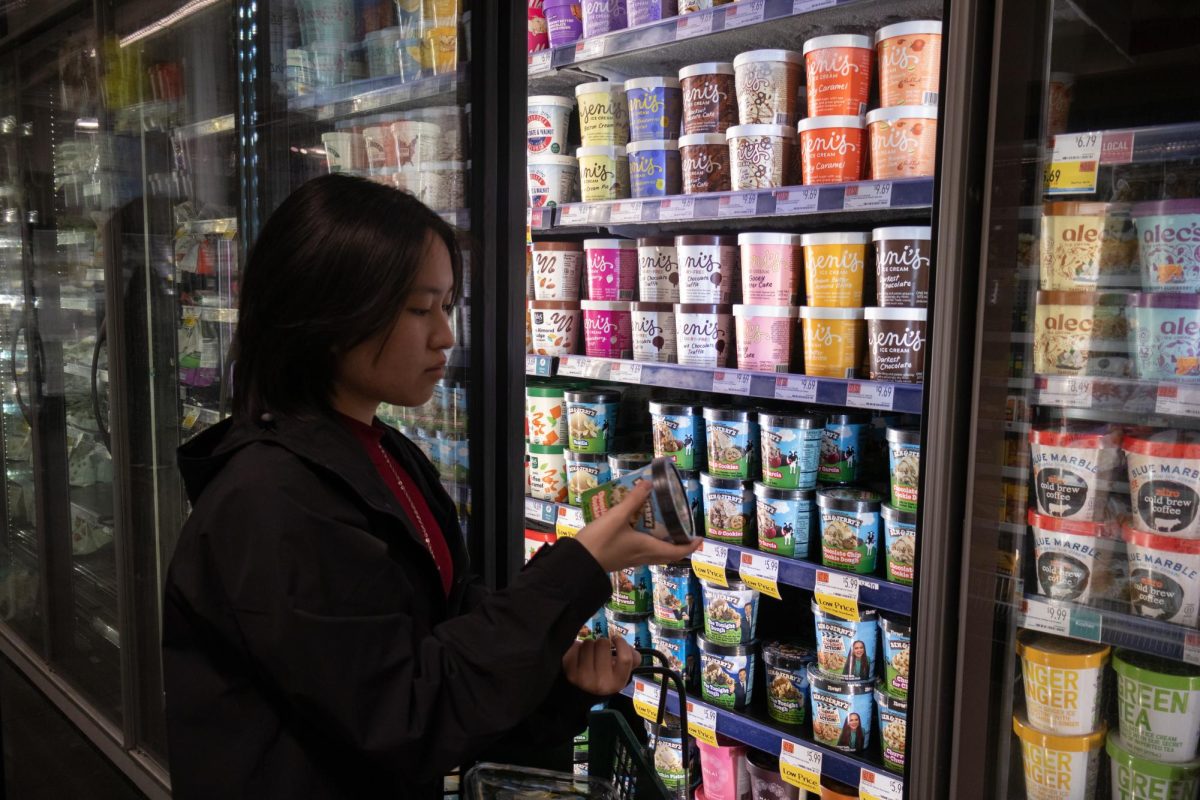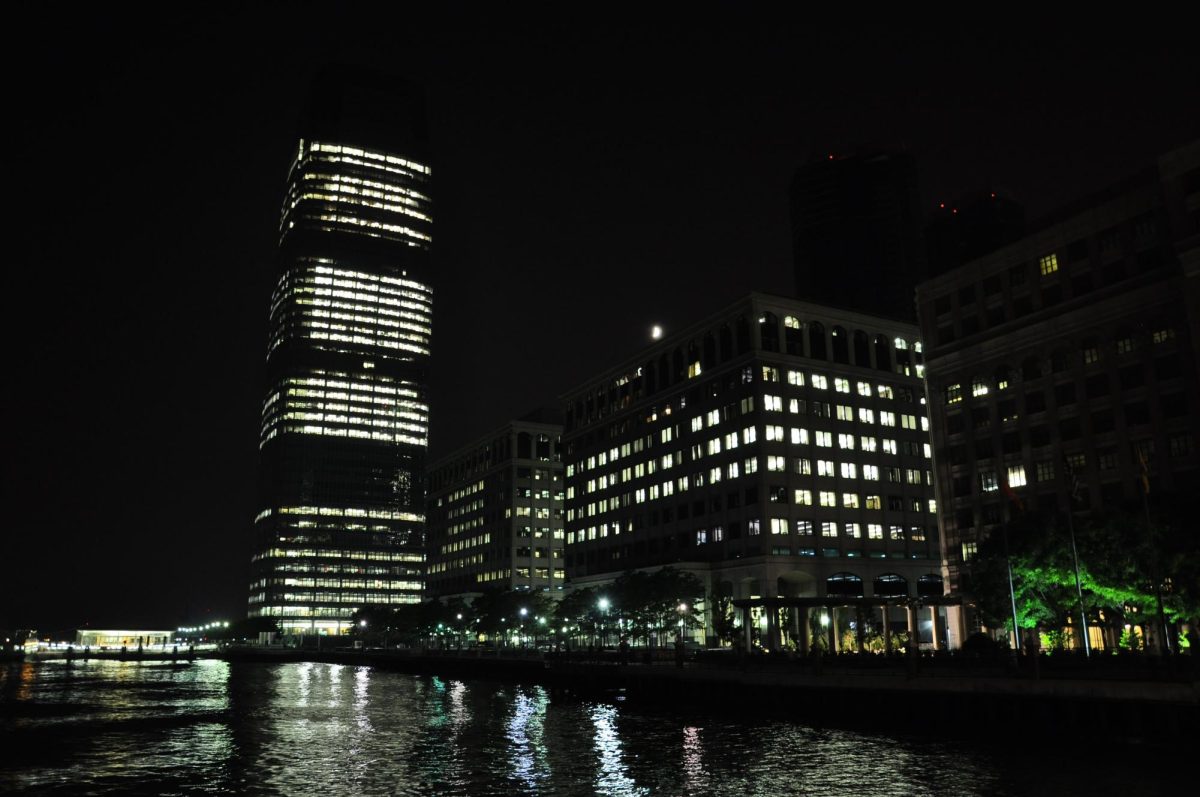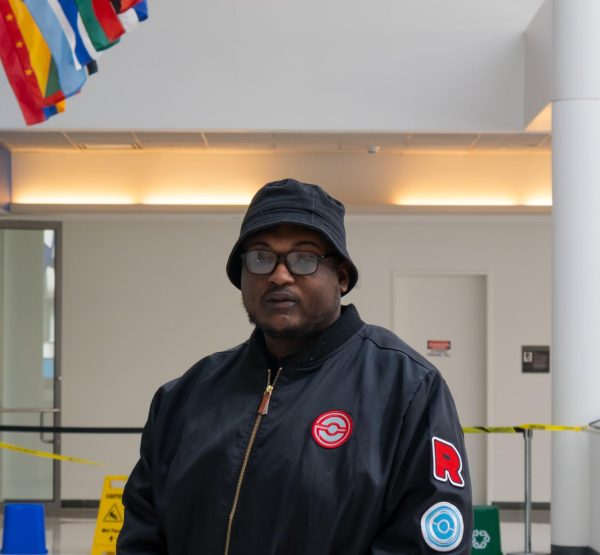The coronavirus pandemic changed how and what consumers buy, making the retail industry enter a race that creates a disadvantage for smaller brands.
The coronavirus pandemic has caused the online shopping trend to accelerate more than ever before. Brick and mortar retailers were already under immense pressure prior to the pandemic, struggling with increasingly online shopping habits.
Many Americans have started shopping online for groceries since the beginning of the coronavirus pandemic. Online grocery shopping saw continued growth throughout the pandemic, including a 9% increase from May to June, according to roirrevolution.com.
According to a study from Inmar Intelligence, 79% percent of consumers have shopped online for groceries during the pandemic, whereas only 59% used to do that before COVID-19.
Stores across the United States find themselves closing their doors for the last time. Retailers such as GameStop, H&M and now Lord & Taylor decided to close some of their stores forever.
By the end of the fiscal year, GameStop will have closed an estimated 450 stores worldwide. The number of store closures is an increase from its original plan of shutting down 320 locations, according to The Motley Fool reports.
The clothing industry is no exception. H&M is closing 250 of its stores in 2021.
H&M acknowledged both the pandemic and the rise of online shopping as contributing factors to the shutdown. “More and more customers started shopping online during the pandemic,” said H&M in a statement.
Overall, online clothing purchases saw a 76.7% increase, bringing online revenue up 22.2%.









